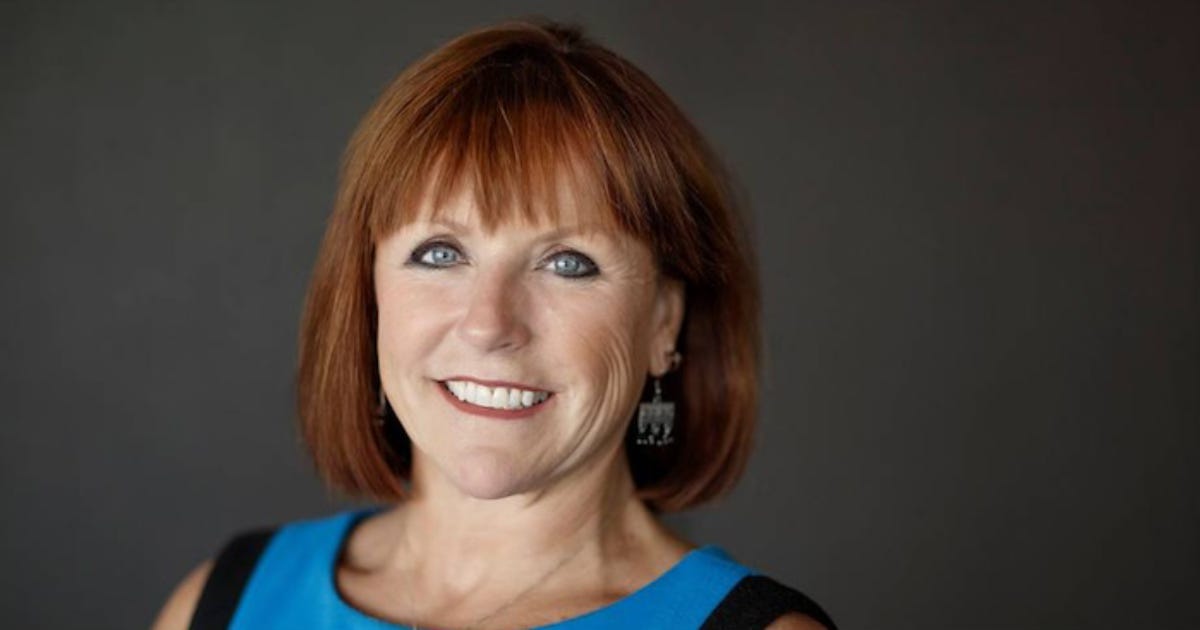What’s Up for Trump’s FBI?
Top former FBI counterspy executive and NYC Terrorism Task Force honcho Lauren Anderson addresses the looming uncertainty over “Day One,” January 20
BACK IN THE DAY, Lauren Anderson would’ve been called a “rock-ribbed Republican.” That made her no different than virtually all her fellow FBI special agents in the era of Presidents Ronald Reagan, George H.W. Bush and, after Bill Clinton’s Democratic interregnum, Bush II, aka “W.”
“I was a bit of a hybrid, because as I came of age in terms of voting, my national level perspectives on politics were more conservative and far more in the vein of the Republican Party at that time,” Anderson told me on this week’s SpyTalk podcast. “But socially, I was more liberal, to be sure. So I was a perennial ticket-splitter in terms of how I voted locally and how I voted nationally.
“In terms of my affiliation with the Republican Party,” she continued, “it was huge. I, in high school, was the treasurer and Ways and Means chairman for Teenage Republicans for the state of New Jersey.” She’s smiling at that.
Anderson went on to a stellar, pioneering career in the FBI’s intelligence, counterspy and counterterrorism wings, an interest she’d developed in childhood, nurtured by TV shows like The FBI and The Man from U.N.C.L.E. (followed, of course, by The Girl from U.N.C.L.E.). By the turn of the centory, opportunities for women at the FBI were exploding.
Beginning as a junior FBI special agent, right out of college, Anderson demonstrated such obvious grit and mettle that she won a spot on an FBI SWAT team—the first woman to do so. Next she became the first woman to lead FBI offices in France and Africa, covering 22 countries across the continent and the Middle East. Then came another big first, leading the FBI’s Joint Terrorism Task Force in New York City. Along the way, she was frequently sent up to Capitol Hill to deal with congressional oversight committee memberss (who could be harsh on the bureau in public, not so in private).
Quite a résumé.
Today, with her FBI career behind her, Anderson serves on many nonprofit boards working to make the world a better, safer place, as well as on the U.S. government Comptroller General’s Advisory Board, which oversees, among other things, the work of the Government Accountability Office, or GAO, Congress’s watchdog. She’s also in constant demand as a keynote speaker at events around the world, in forums ranging from Azerbaijan to Ukraine and many places in between.
And she’s worried about what’s going to happen to the FBI under a Trump nominee, Kash Patel, who’s vowed to close FBI headquarters on Day One, turn it into a “Deep State Museum” and scatter its 7,000 employees to far flung offices across the country to “catch criminals” (which is primarily the responsibility of state and local police).
“Yeah, there's a lot of concern, and I would put it into two buckets” she told me. “First of all is qualifications … Yes, he served in several different roles in the Trump administration. That's absolutely accurate. But in terms of managing an organization the size of the FBI—35,000 plus employees all around the globe ….” She has serious questions about that.
And then there’s the issue of the FBI’s hard won political independence.
“That is the one thing since the death of [J. Edgar] Hoover that has set the FBI [apart]...its insistence on its independence…” she maintains. “So I think when you get somebody who's too focused on the politics—and is not qualified, in my opinion, to do the job—it's problematic.”
Which is not to say “there aren't things that need correcting,” Anderson quickly adds. The bureau has to stop making mistakes that come off as politically driven, like it’s investigation into whether Trump foreign policy adviser Carter Page was acting as a Russian agent. It was ill founded, a later Justice Department probe said.
“We constantly need to correct [things] and there's constant improvements that need to be made, whether it's to the FISA process or to other administrative functions within the Bureau, or how we predicate investigations. All of that's really important.”

But all those necessary reforms and guardrails, Anderson said, should be undertaken by an FBI director unswayed by the political winds—not to mention the whims, or worse, the vendettas, of any White House.
How will the FBI’s executives and rank-and-file react to a radical reorientation of the FBI, including the president-elect’s threat to criminally investigate and prosecute his political opponents and Justice Department prosecutors involved in cases against him? Tune in to hear Anderson’s fascinating take on how the FBI’s workforce will likely respond, at our home on MSW Media, or at Simplecast, or Apple or wherever you like to listen.





I'm glad I don't work at the FBI. I think they are in for a bad four years. This may work for the MAGA folks, but it will be a huge loss for the American people.
Interesting article but I have real concerns about what is coming for the FBI and how higher level law enforcement or intelligence agencies will be used.